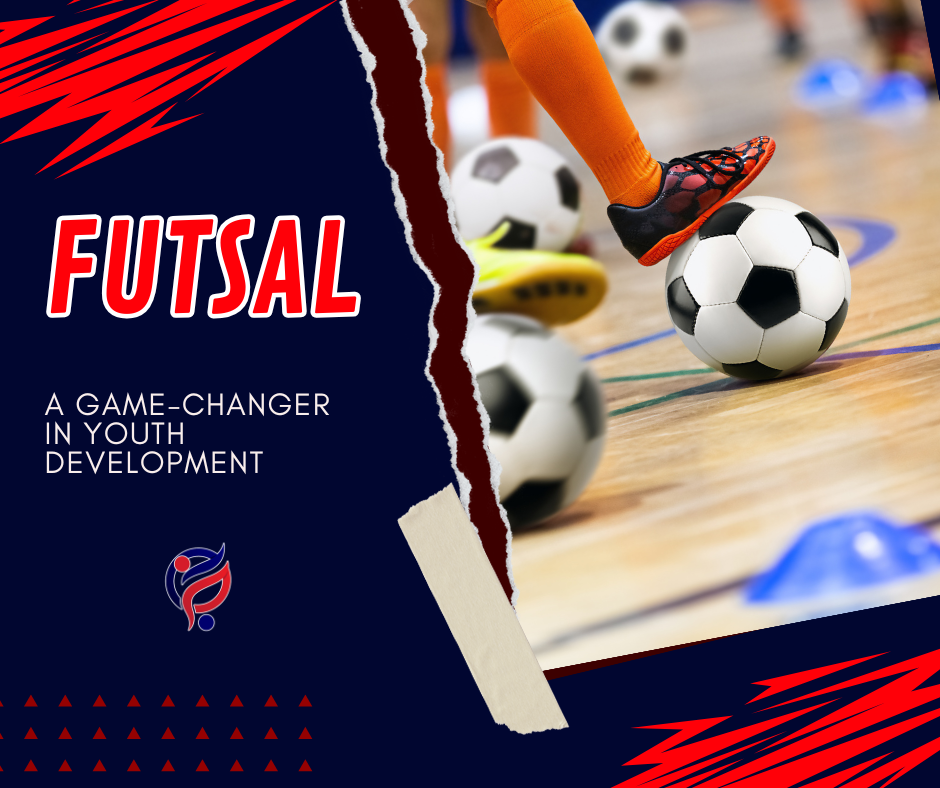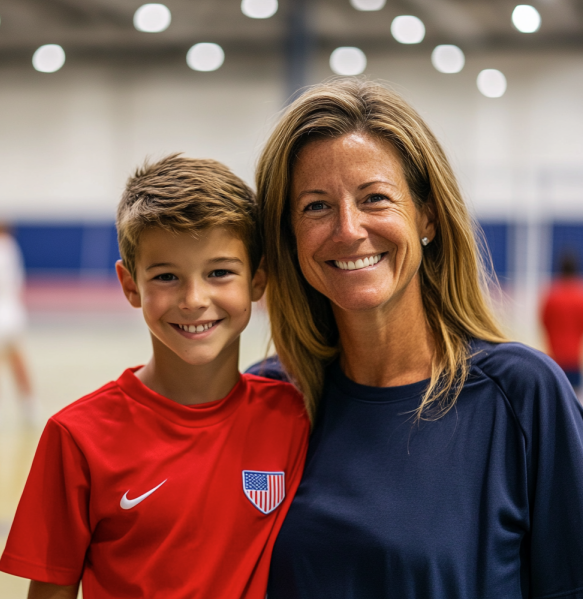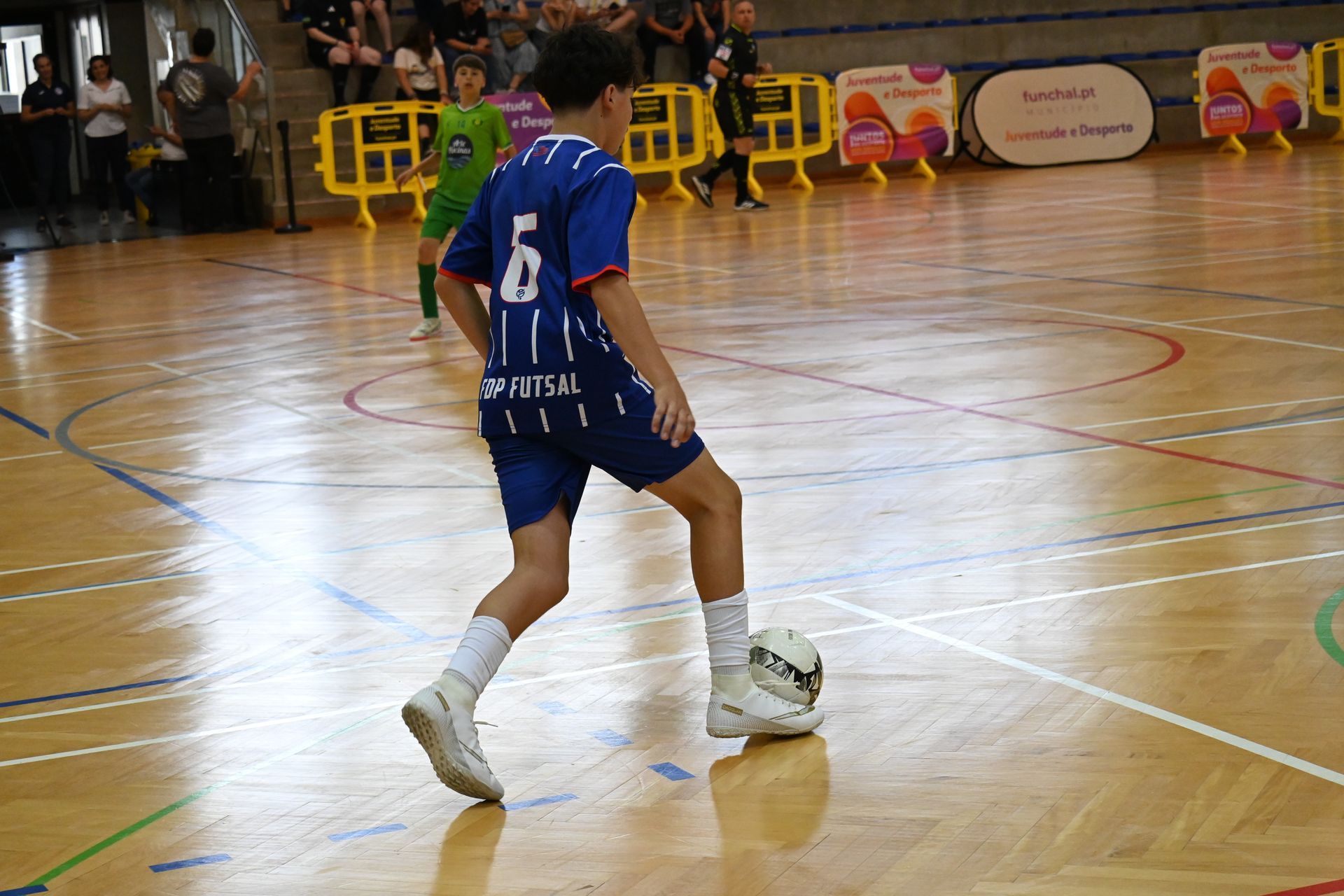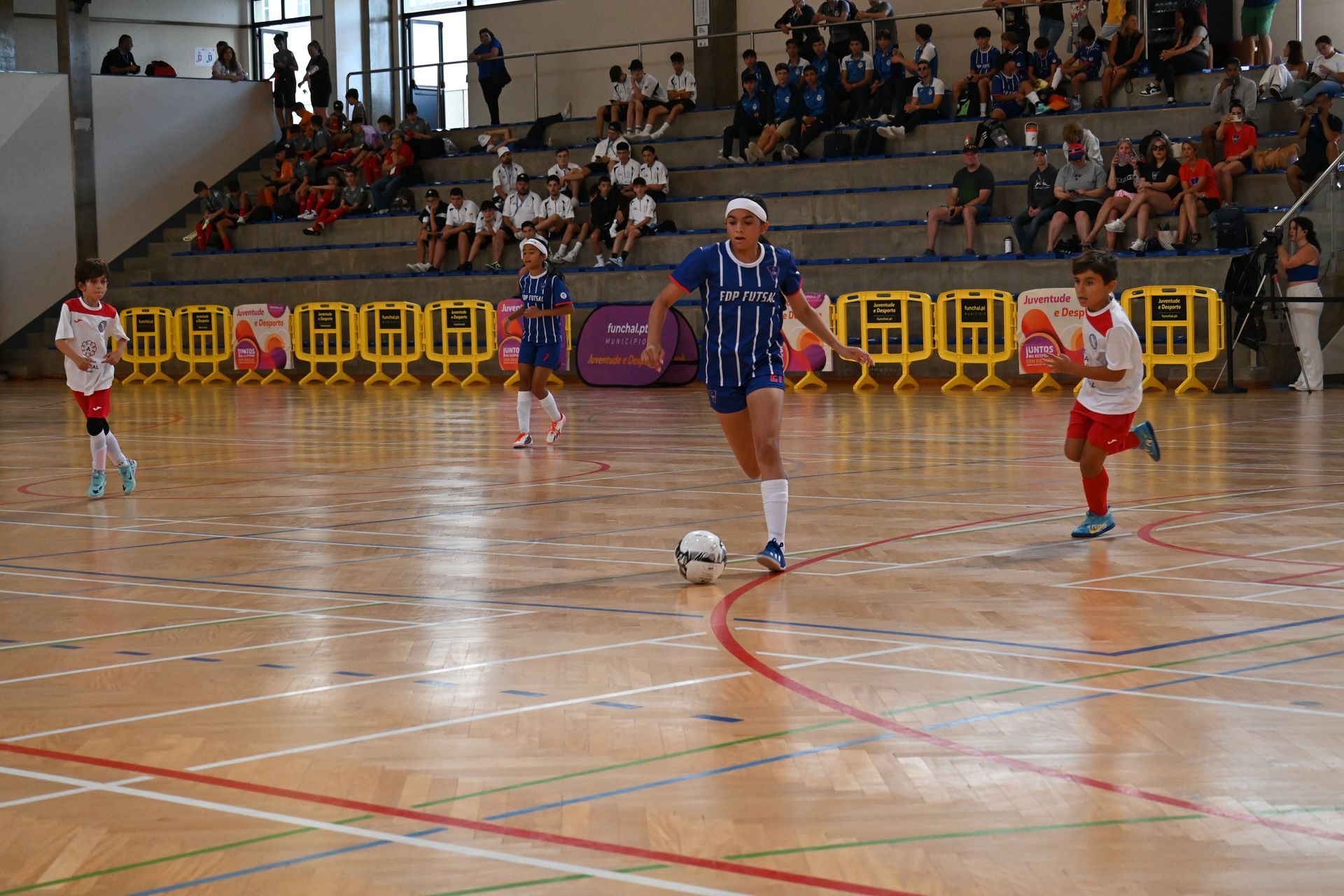Futsal: A Game-Changer in Youth Development
Futsal: A Game-Changer in Youth Development

Futsal is rapidly proving to be a transformative tool in the development of young soccer players. While traditional soccer has long been the cornerstone of youth sports, futsal’s fast-paced, small-sided format encourages a unique set of skills that soccer struggles to develop at the same intensity.
Developing Technical Skills
One of the biggest advantages of futsal is its emphasis on close ball control and decision-making in tight spaces. Because the game is played on a smaller, indoor court with fewer players, youth athletes are forced to focus on their technical abilities—quick touches, precise passing, and agile footwork. These are all skills that translate exceptionally well to the outdoor game, making players who regularly engage in futsal more confident and capable on the soccer field.
The lack of walls and the emphasis on keeping the ball in play also forces young players to be constantly engaged, promoting quicker reactions and sharper decision-making. With less time to think and more pressure from opponents, futsal accelerates the development of creative thinking, spatial awareness, and tactical insight. This sharpens players' abilities in ways that outdoor soccer often doesn't match during regular training.
Improved Tactical Awareness
Futsal’s 5v5 structure helps players develop a strong understanding of positioning and movement. With fewer teammates on the court, each player’s role becomes more significant, which encourages players to constantly think about their positioning and teamwork. Since transitions between offense and defense happen rapidly in futsal, players develop a heightened sense of tactical awareness and anticipation.
This skill is particularly beneficial for youth development as it translates directly into outdoor soccer, where positioning and reading the game are critical. Players who frequently participate in futsal tend to have a more advanced understanding of when and where to move, how to create space, and how to defend effectively in smaller, more compact spaces.
Creating Independent, Confident Players
Another significant aspect of futsal in youth development is how it empowers individual creativity. The smaller court and fast pace mean that players must frequently take on defenders 1v1. This builds confidence and encourages creativity in dribbling, passing, and shooting. Young players, who are often hesitant to take risks in traditional soccer, feel more comfortable experimenting in futsal because they touch the ball more often and have more opportunities to influence the game.
Futsal's environment promotes independent thinking, as players must often rely on their instincts and improvisation. Unlike outdoor soccer, where larger teams can rely on structure and set plays, futsal requires players to adapt quickly to changing situations. This leads to players becoming more independent on the field, making decisions quickly and confidently.
Futsal’s Growth and Soccer’s Concerns
Futsal is becoming recognized not just as a supplemental training tool but as an independent sport that offers unique developmental benefits. However, this growth is causing concern within the traditional soccer community. Soccer clubs are worried that futsal’s effectiveness in developing better technical players may start drawing youth athletes away from soccer programs. Some clubs are reacting by offering futsal themselves, but these programs often fall short because they are led by soccer coaches who may not have the expertise to teach the nuances of futsal effectively.
The reality is that futsal, while often viewed as a supplement to soccer, stands on its own as a sport with its own set of rules, tactics, and skill sets. As more youth players and families recognize its benefits, there is a growing tension between the two sports, especially as futsal continues to grow and pull more young talent.
The Future of Youth Development in Futsal
As futsal’s popularity rises, more and more youth development programs are seeing the value of incorporating futsal training, not just as a supplement for soccer players but as a foundational sport in itself. Parents and coaches are recognizing that the skills developed in futsal are directly applicable to long-term athletic success, whether in futsal or soccer.
For families making decisions about youth sports development, it’s no longer about choosing soccer or futsal. The conversation is now about how futsal can fit into a long-term strategy to create well-rounded, confident, and highly skilled players. The more futsal grows, the more its developmental benefits will be recognized, and the tension between soccer and futsal will likely continue to evolve.
Futsal, with its focus on technical ability, tactical awareness, and individual creativity, is no longer just a training tool—it’s a game-changer in youth sports development. Contributed By: Niko Alexopoulos
DON'T MISS ANY BLOG POSTS
Unlock Exclusive Insights: Subscribe Now & Stay Ahead of the Curve! Don't Miss a Single Blog Post—Join Our Community for Expert Tips, Fresh Perspectives, and Insider Knowledge. Your Ticket to Stay Informed, Inspired, and Empowered Awaits!
MAXIMIZE YOUR POTENTIAL
Empower Your Journey: Subscribe for Exclusive Access to Training, Programs, Camps, and Events. Elevate Your Skills and Seize Every Opportunity!










